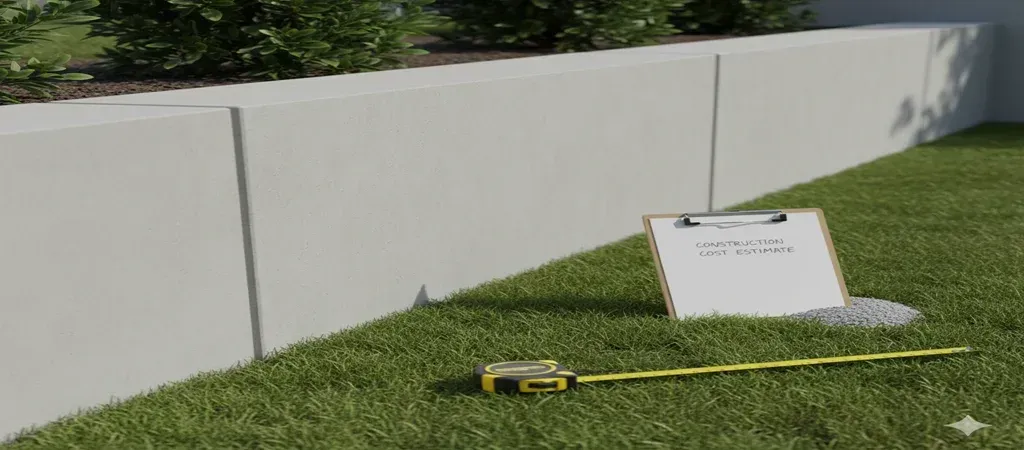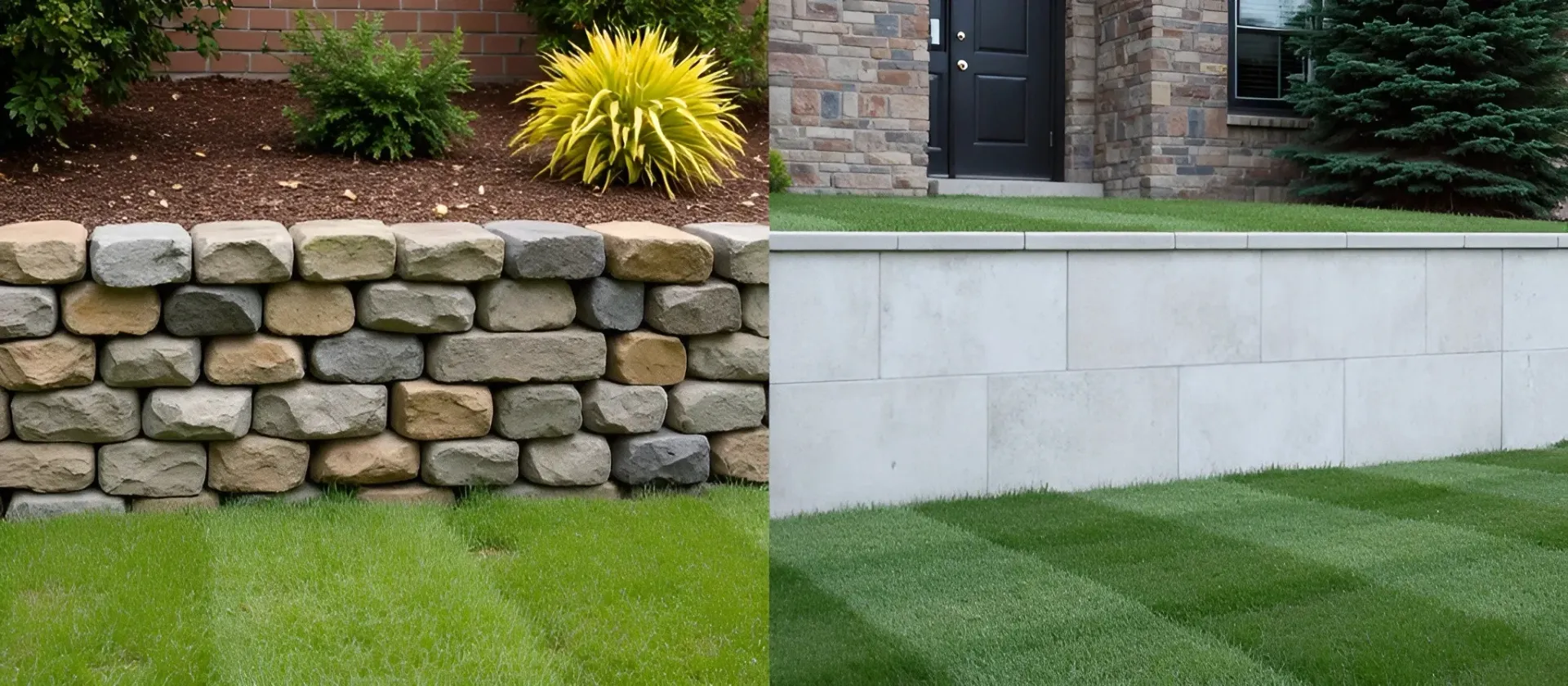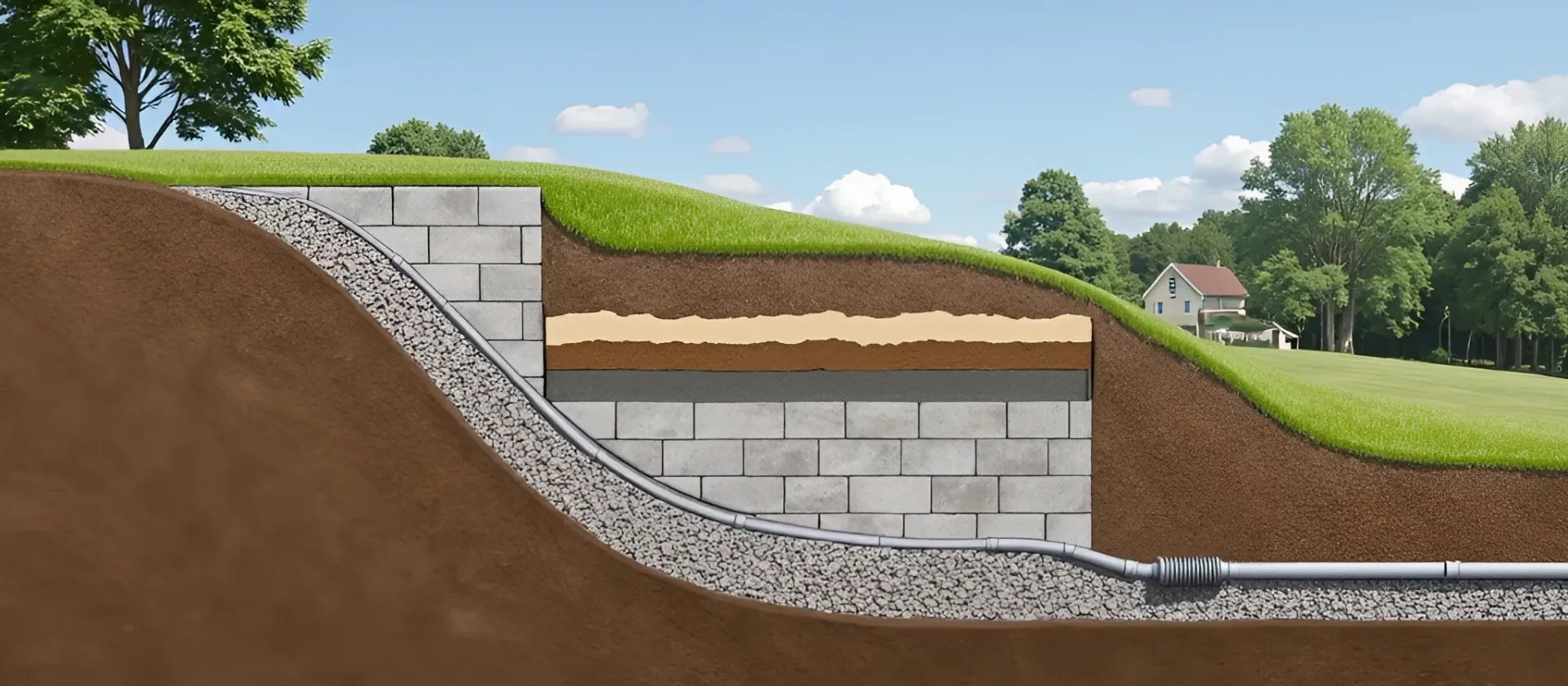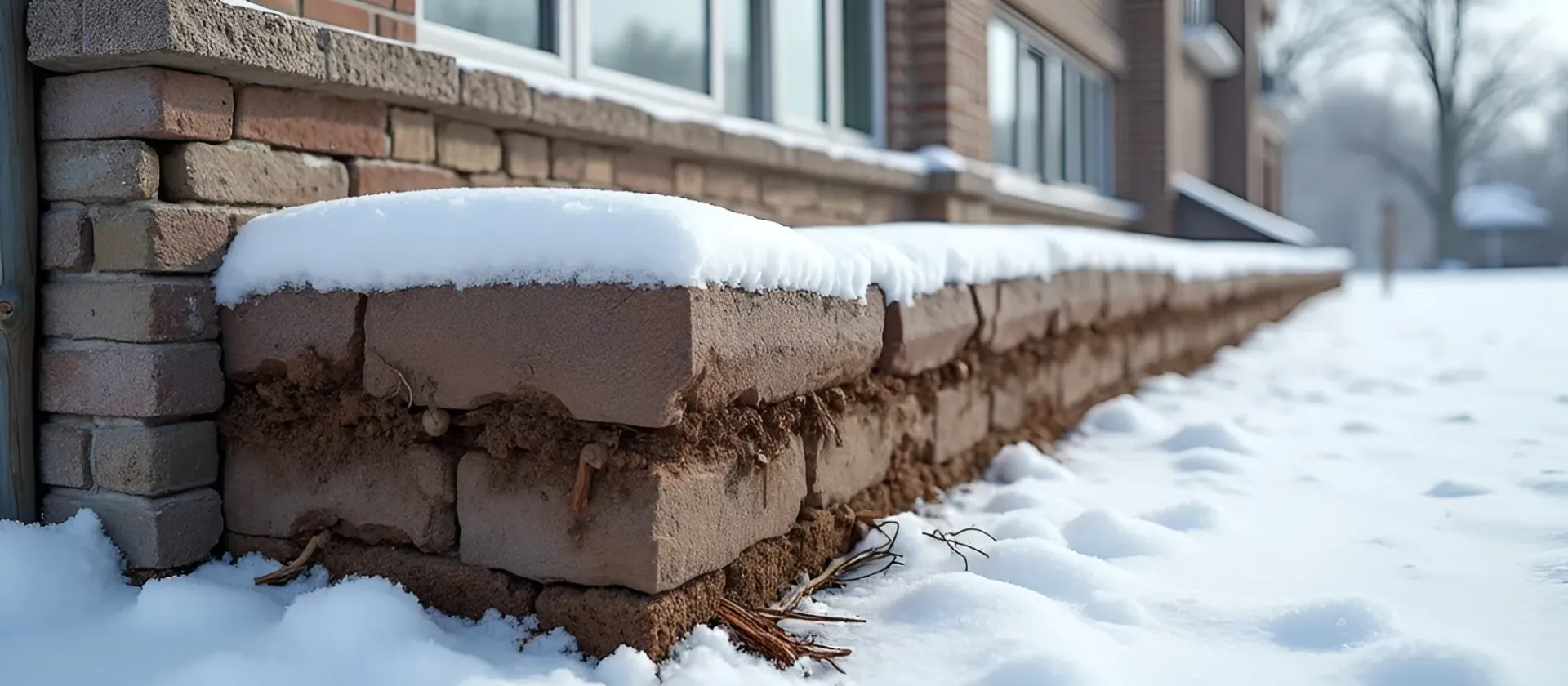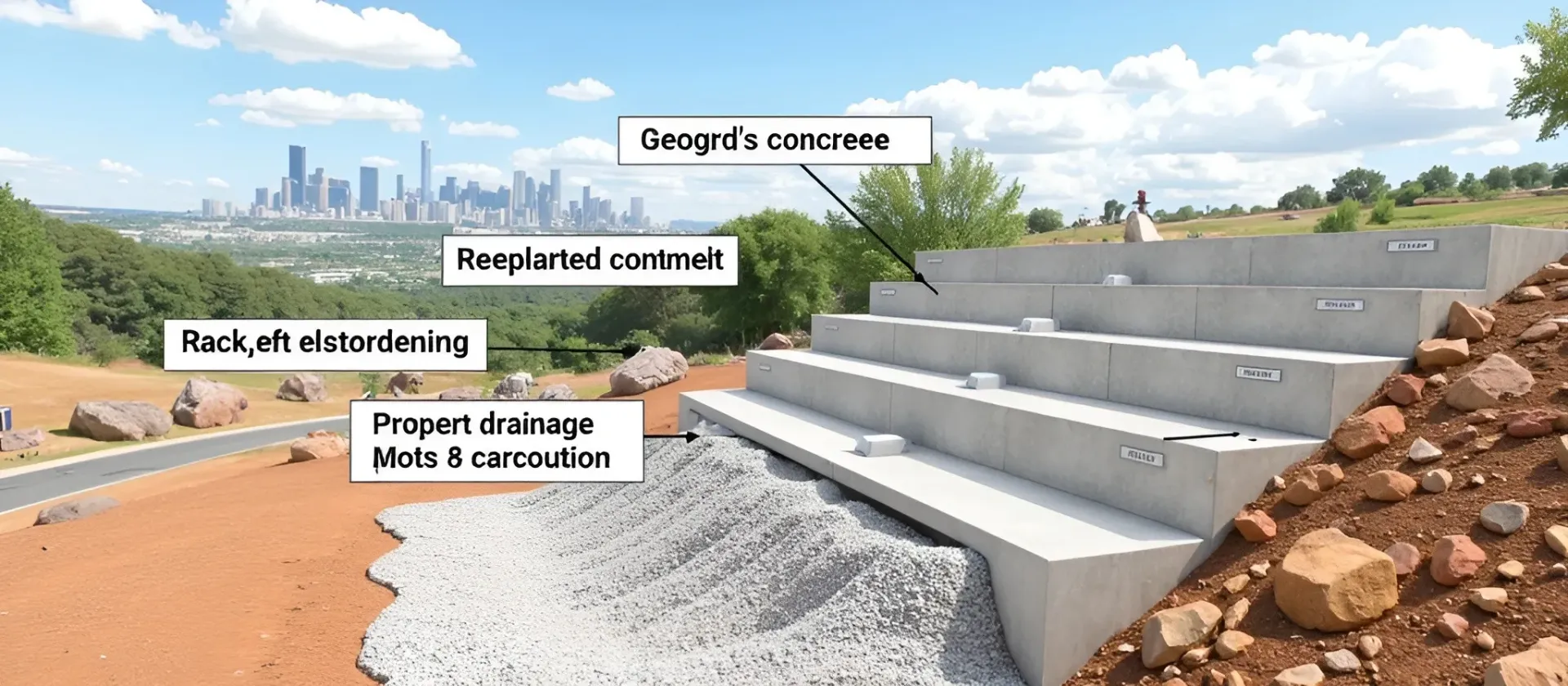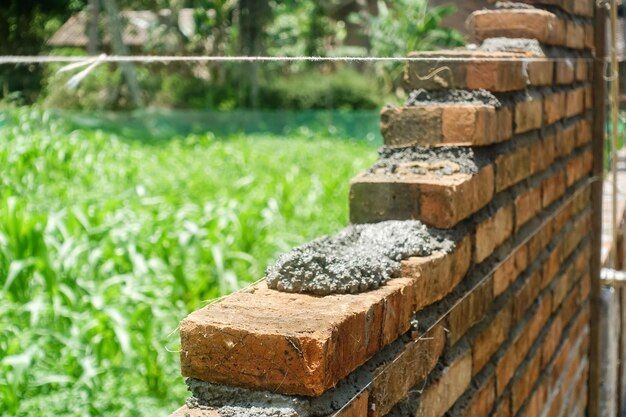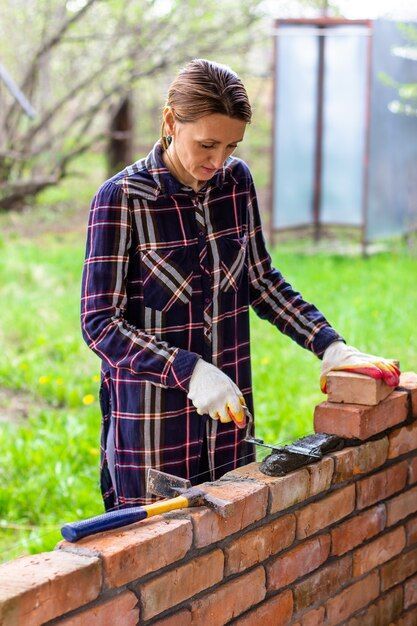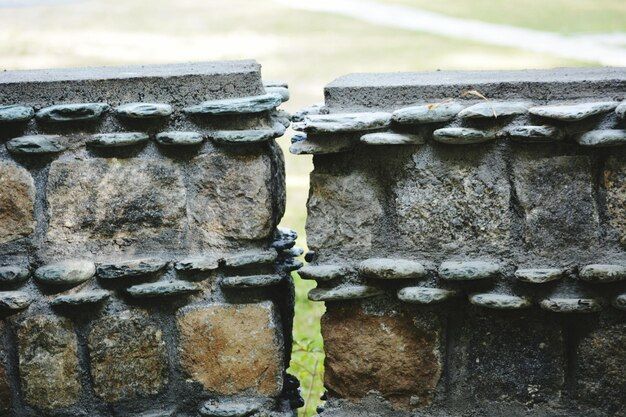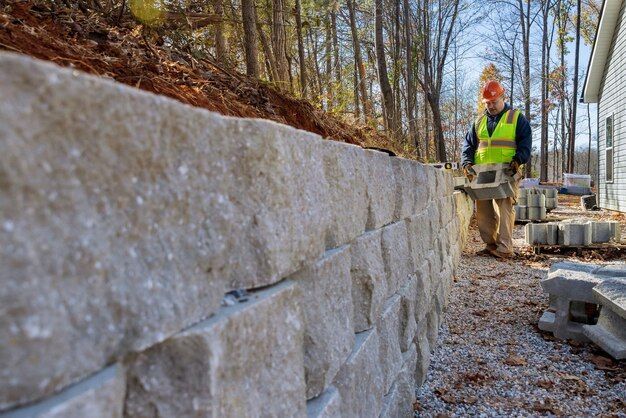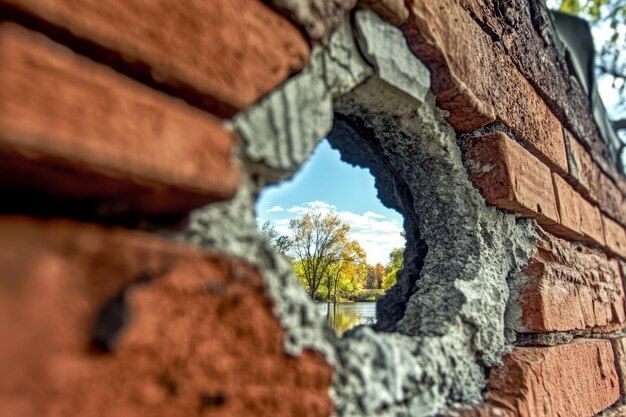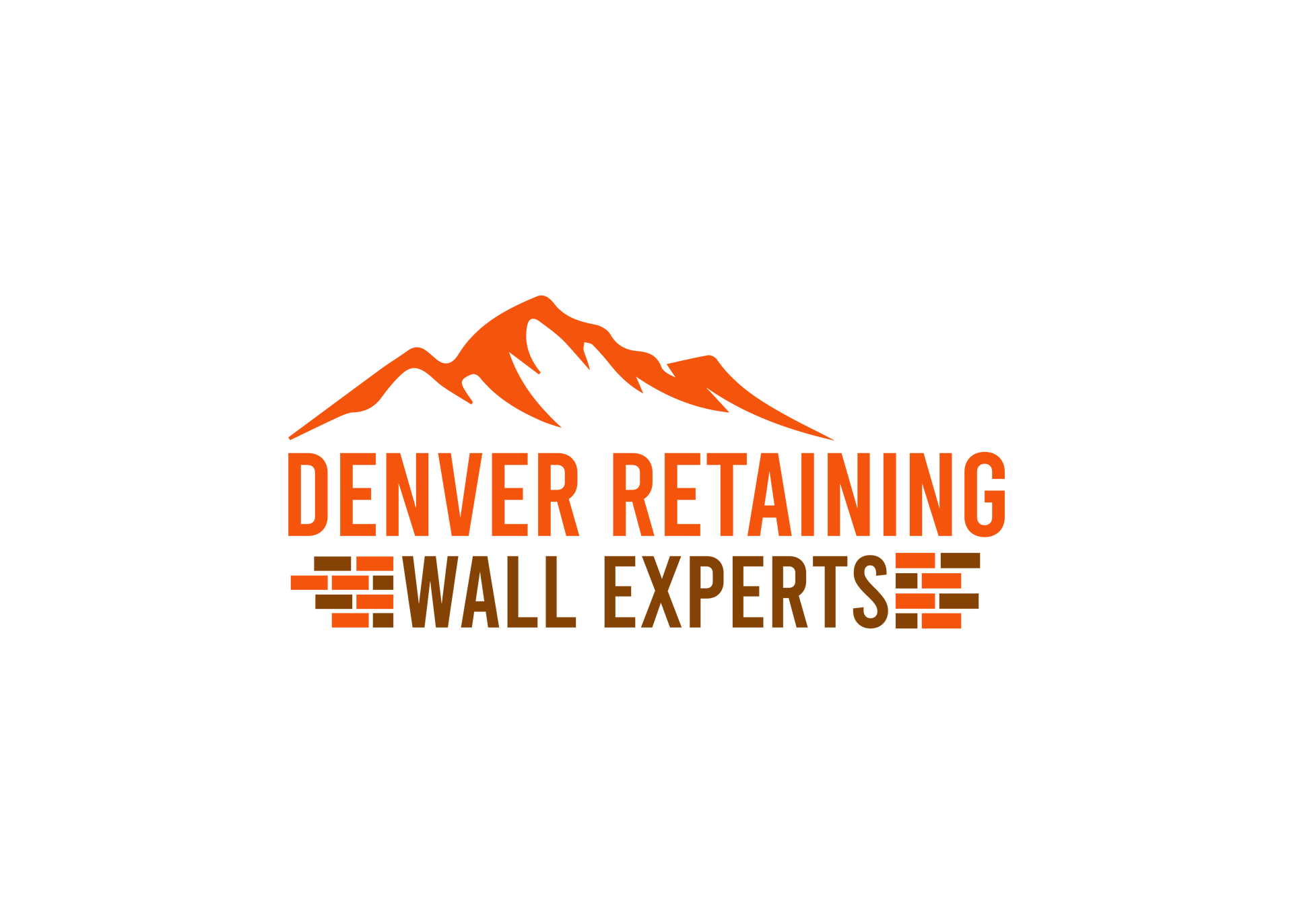Key Disadvantages of Interlocking Blocks You Need to Know Before Starting Your Project
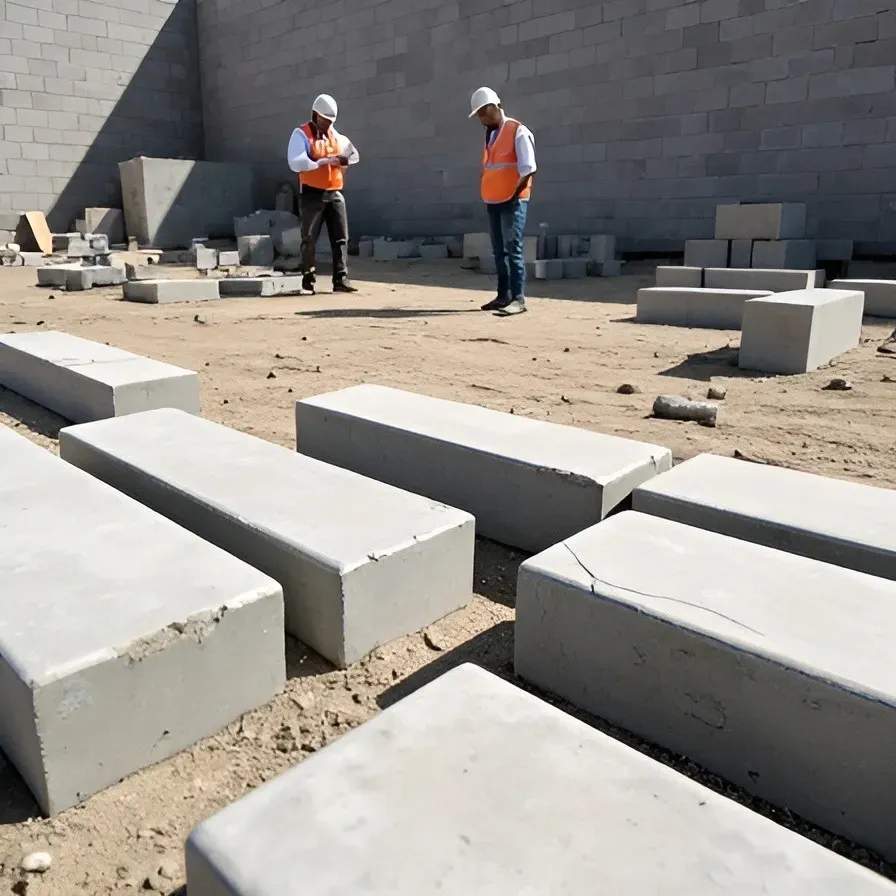
Interlocking blocks have been continuously gaining popularity for different projects, including retaining walls in Denver, Colorado because they offer cost-effectiveness, convenience, and aesthetics. However, even though they provide numerous benefits, the drawbacks are not inconspicuous. We at Denver Retaining Wall Experts, as one of the leading and trusted retaining wall builders in Denver, don’t want to hide interlocking blocks’ limitations so that you can have a better understanding of this material, balance the advantages and disadvantages before you dive into the construction process and help you choose interlocking blocks for your next project. Before you begin, here are the minor to major disadvantages you need to know about interlocking blocks.
Structural limitation
Although the structural strength of interlocking blocks is really promising in small to medium projects, their strength relies on their unique design to fit together like puzzle pieces, which are not ideal for larger buildings as this compromises the overall strength of load-bearing walls. This is the reason why bigger structures are still made out of traditional bricks. Imagine the puzzle block toys. When 3 blocks are stacked together, they look strong and very sturdy. However, when the number of blocks is increased and stacked together, they will become shaky and fall apart easily. This applies to the same principle of interlocking blocks. Additionally, each block weighs significantly, which means choosing this for your project requires a strong foundation.
In high-rise or multi-story structures, a lack of mortar bonding can cause structural instability unless reinforced by steel bars or concrete infill. Here are the key issues to consider under the structural limitation:
- They may not meet the load-bearing requirement for larger buildings.
- They are often unsuitable for projects in regions that are near fault lines or prone to earthquakes and heavy storms due to their limited resilience to lateral forces.
- Additional reinforcement is highly encouraged, which increases the costs, reducing its cost-effectiveness.
To fully grasp these concerns, you may want to understand why Denver retaining walls collapse and the factors behind their failure.
Water Absorption and Seepage Issues
There are interlocking blocks that are made out of porous materials or materials that are prone to absorb water such as soil cement or compressed earth. Although this problem can be negated by proper sealing and waterproofing, this is still a matter that requires an adequate amount of attention, as neglecting this disadvantage for your retaining wall construction in Denver can eventually allow moisture to seep into walls, causing dampness, mold growth, and deterioration. Here are the key issues that need your concern:
- Moisture ingress can weaken the structural integrity of interlocking blocks in the long run.
- Improper or lack of waterproofing and sealing can result in repair and maintenance, adding to the cost.
- Projects in high-rainfall or humid areas require additional coatings, which again add to the overall expense.
Proper retaining wall maintenance can help reduce the long-term effects of water seepage, so make sure to plan accordingly.
Precision and Quality Control
Although it’s not as concerning as the first two, this aspect is still worth including as the quality of the actual blocks also dictates the structural integrity of the project. Even slight deviations in size or shape during the manufacturing or installation can cause misalignment, leading to unstable walls with gaps that may pose hazards. Consider the following issues before choosing:
- Inconsistent manufacturing standards can result in substandard fitting blocks.
- Aside from the structural problems, poorly aligned blocks can result in uneven wall surfaces which can be an eyesore.
- It is required to hire a highly skilled Denver wall contractor to ensure alignment, which may add to the labor costs.
This is why DIY vs. professional installation is a critical decision, especially when working with precision-dependent materials like interlocking blocks.
Repair and Maintenance Problem
When a block gets damaged, prepare yourself and expect that the process can be more complex compared to traditional masonry walls. Replacing a damaged block can be very difficult as it may require removing multiple adjacent blocks, which can also compromise the structural integrity of the wall if not done properly by the builders. Additionally, finding replacement blocks can be a tough job, especially if your blocks were custom-made. In this case, it is best to get the repair services from the same Denver wall builder you hire for installation to minimize the problem.
To avoid long-term issues and rework, it helps to be aware of the top 10 common mistakes made during retaining wall construction in Denver.
Final Thoughts
Although interlocking blocks have many disadvantages, they are still a good material for different types of projects. You just have to weigh the positives against the negatives based on your situation and preference. There are also readily available interlocking blocks for your retaining wall project in Denver that you can check out to learn more about their specifics.
Additionally, it is best if you consult a Denver professional retaining wall builder about your project to assess carefully whether interlocking blocks are best for your project and determine if the advantages outweigh the disadvantages. Denver Retaining Wall Experts is one of the best and go-to retaining wall builders in Denver, ready to help you with all your retaining wall needs. To start, send us a message or fill out our forms today.
